Imatinib, also known as Gleevec or Glivec, is a groundbreaking medication that has revolutionized the treatment of certain types of cancer, particularly leukemia and gastrointestinal stromal tumors (GISTs). Developed by Novartis Pharmaceuticals, this targeted therapy has provided hope and improved outcomes for thousands of patients worldwide.
One of the most significant applications of imatinib is in the treatment of chronic myelogenous leukemia (CML). CML is a form of cancer characterized by the uncontrolled growth of white blood cells, which can eventually invade and disrupt normal cell function in various organs. Imatinib works by inhibiting the activity of a specific protein called BCR-ABL, which is responsible for the development and progression of CML. By inhibiting this protein, imatinib helps to slow down the growth of cancer cells, allowing the body's immune system to better control the disease.
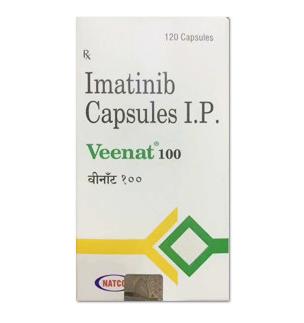
Imatinib is administered orally in the form of a tablet, making it convenient for patients to take at home. The dosage is determined based on individual factors such as the patient's weight, overall health, and the specific type and stage of cancer being treated. Regular monitoring of the patient's blood counts and other laboratory values is necessary to ensure that the medication is working effectively and to assess any potential side effects.
In addition to CML, imatinib has also shown remarkable efficacy in the treatment of GISTs. GISTs are rare, yet often aggressive, tumors that develop in the gastrointestinal tract, most commonly in the stomach or small intestine. Prior to the introduction of imatinib, treatment options for GISTs were limited, and the prognosis was often poor. However, imatinib has provided a significant improvement in both progression-free survival and overall survival rates for patients with advanced or metastatic GISTs. Furthermore, the drug has been successful in shrinking the size of tumors, making them more amenable to surgical removal, if necessary.
While imatinib has offered new hope to many patients, it is not without its side effects. Common side effects include fatigue, nausea, muscle cramps, and edema. However, most side effects can be managed with supportive care or by adjusting the dosage of the medication. It is essential for patients to communicate any symptoms or concerns with their healthcare provider, who can provide guidance and assistance throughout the treatment process.
In conclusion, imatinib has revolutionized the treatment of certain types of cancer, particularly CML and GISTs. This targeted therapy has significantly improved outcomes and provided a new lease on life for many patients. With ongoing research and development in the field of targeted therapy, we can hope for even better treatment options and improved quality of life for cancer patients in the future.
 伊马替尼的相关介绍
伊马替尼的相关介绍
注:本站所有内容仅供参考,不代表药直供立场(如有错漏,请帮忙指正),转载请注明出处。不作为诊断及治疗依据,不可替代专业医师诊断、不可替代医师处方。本站不承担由此导致的相关责任!
2023-09-08 16:01:45 更新
 全部分类
全部分类



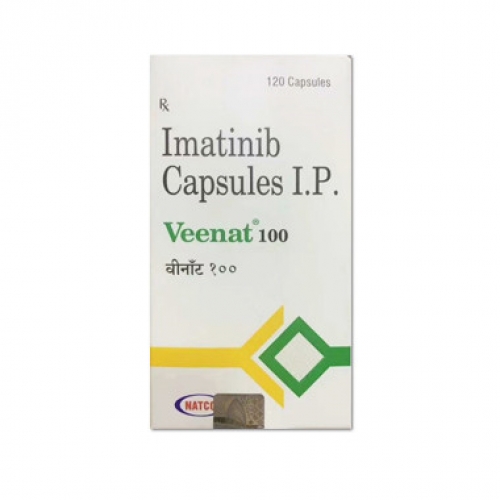
 印度natco
印度natco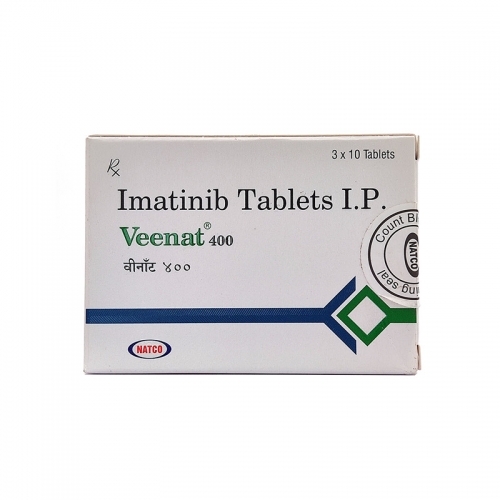

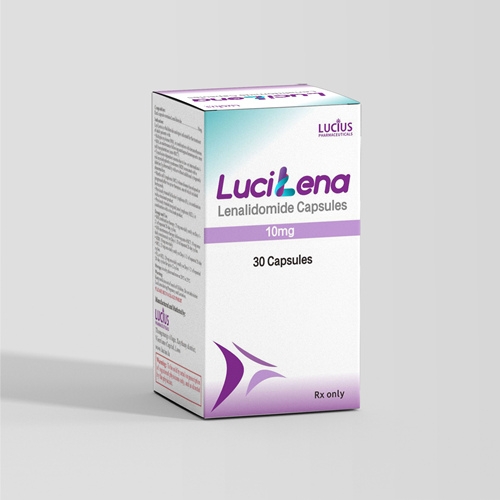
 老挝卢修斯制药
老挝卢修斯制药
 美国施贵宝
美国施贵宝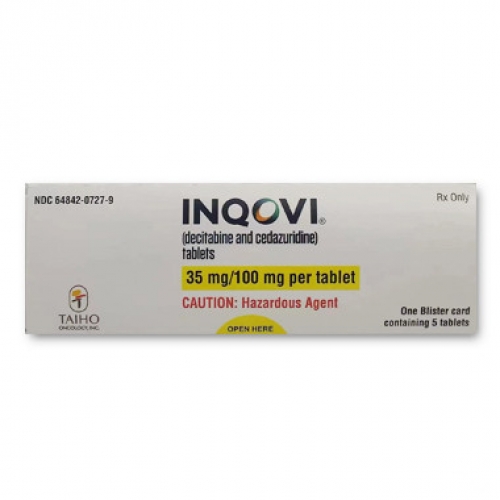
 日本大冢
日本大冢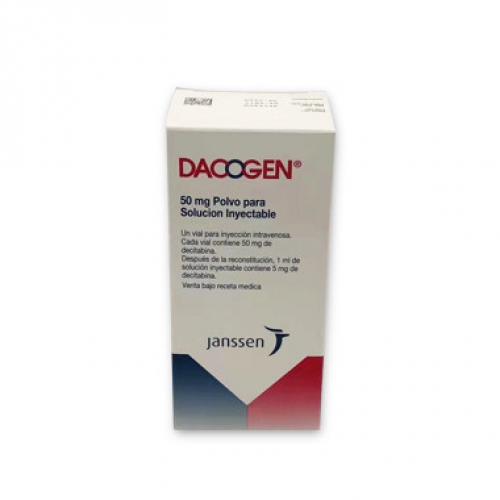
 美国强生
美国强生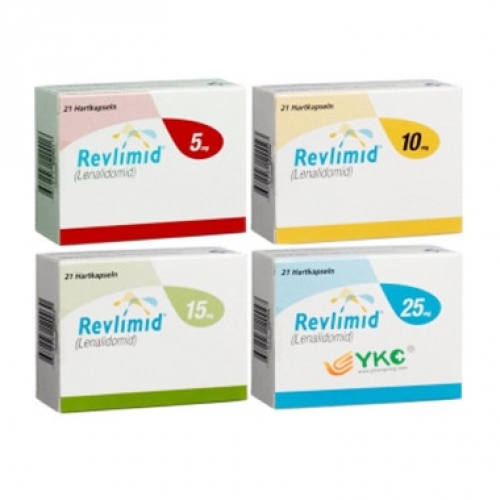
 美国Celgene
美国Celgene
 印度海得隆
印度海得隆

 粤ICP备2021070247号
粤ICP备2021070247号
